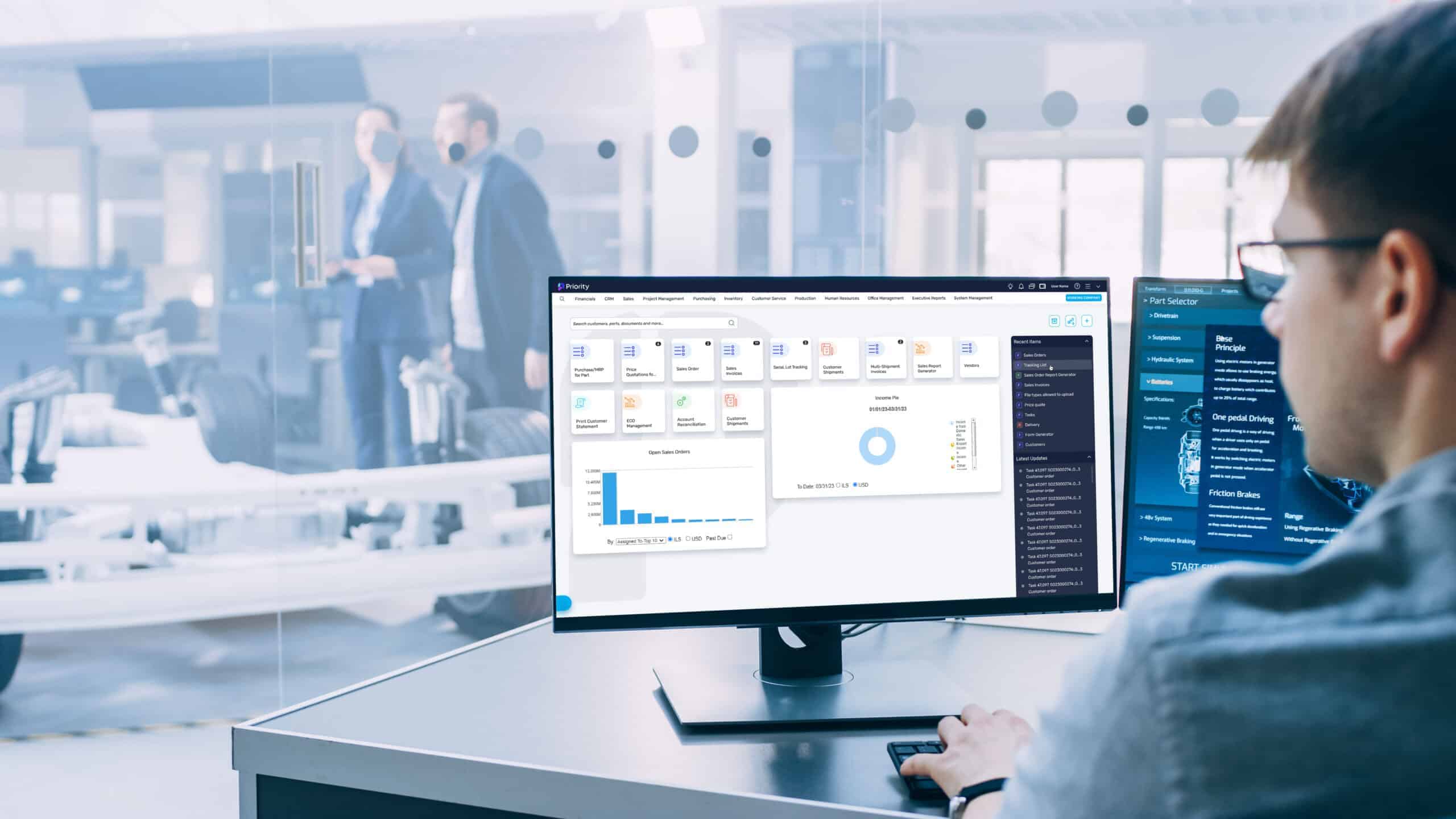Cost of ERP for startups
According to a Gartner report, 55% to 75% of ERP projects fail due to unclear expectations. Despite this, Startups cannot afford not to implement an ERP system. When considering the implementation of an ERP system, it is important to take into account the variability in costs, which depend on the selected modules and the extent of customization required. Standard, off-the-shelf ERP solutions may include unnecessary features, while tailored customizations can drive costs even higher.
It is important to consider the recurring licensing cost, which can vary based on the number of users.
Implementing an ERP system in your startup
While 50% of ERP implementations fail initially, startups have a unique advantage due to their minimal legacy systems and growing IT infrastructure, facilitating the smooth adoption of new technologies. Conduct a thorough audit to identify organizational needs that ERP can address to enhance the chances of a successful ERP rollout. Start planning your implementation by configuring and customizing the ERP based on testing outcomes.
Optimizing ERP system for maximum impact
Meticulously evaluate all options and select the most suitable solution for the organization’s needs.
Ensure that all relevant stakeholders are engaged and invested in the implementation process, from planning to execution.
Make sure existing data is cleansed and categorized before implementation.
Prepare yourself and your staff mentally to expect changes in working style, technology, and workflow patterns.
Begin to track and monitor key performance indicators (KPIs) so that you know how the new ERP is impacting your business.
Continuously monitor key performance indicators (KPIs) to gauge the ERP’s impact on your business and make iterative adjustments in collaboration with your ERP provider to refine
system performance and business outcomes.

























